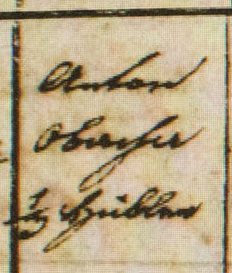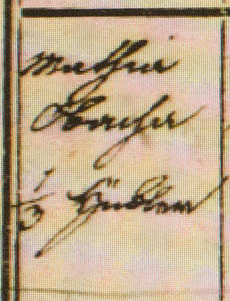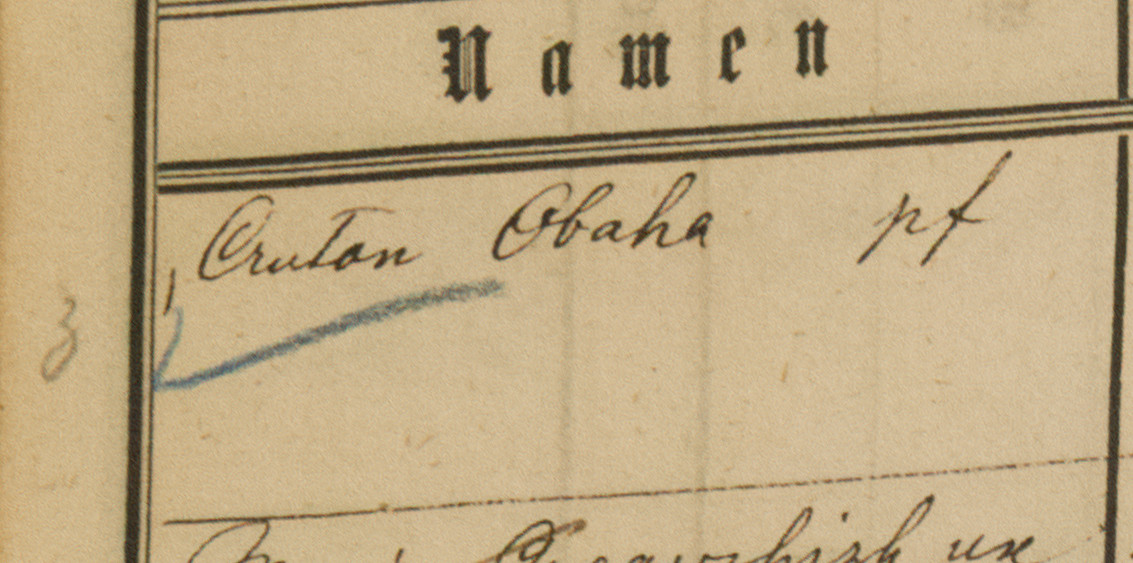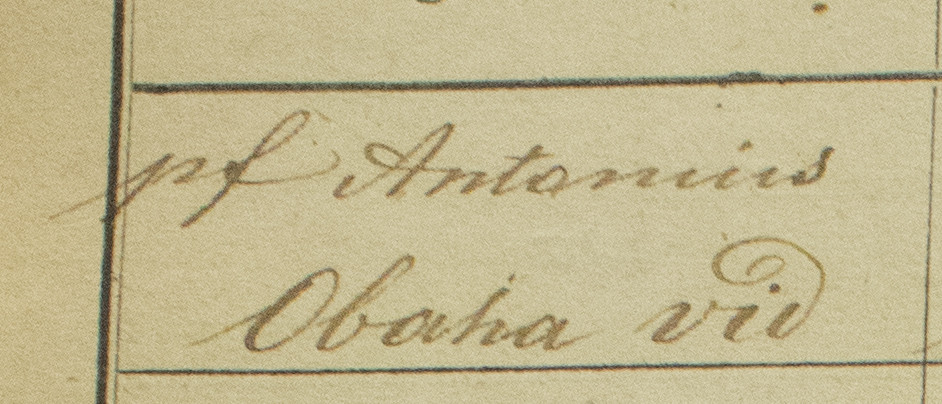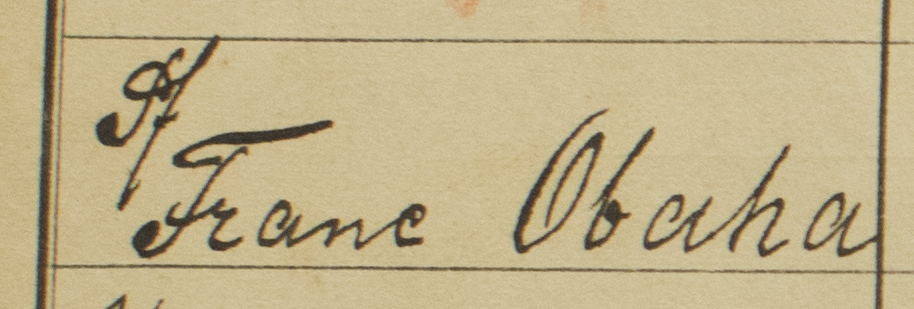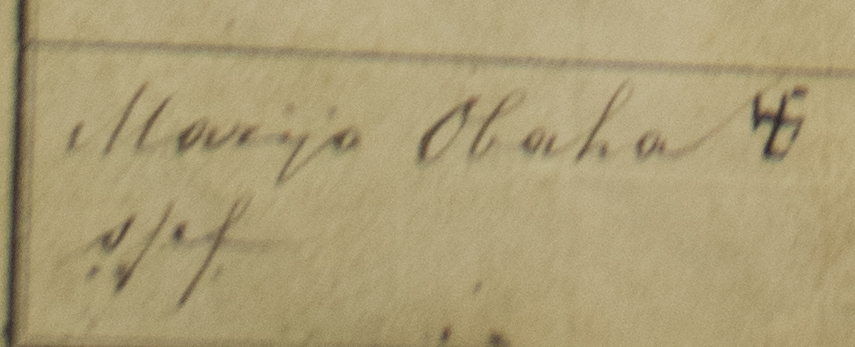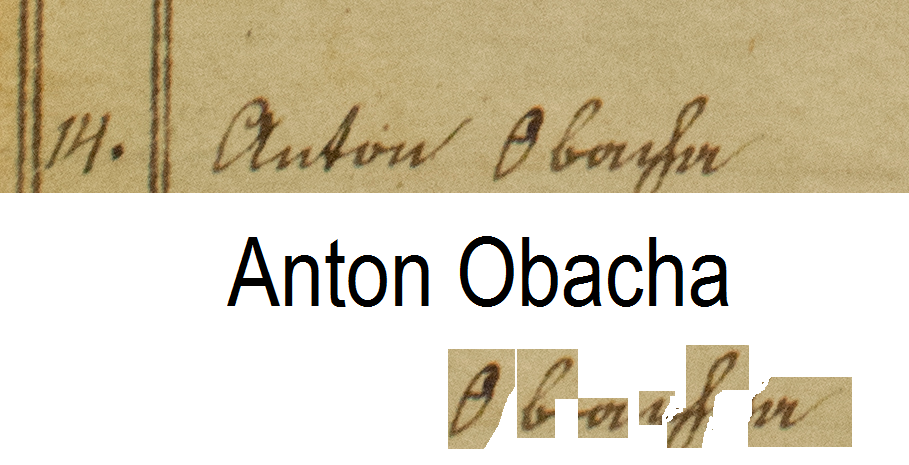I have several examples of this same surname over time as shared in this answer for a marriage record.
Oldest example in Kurrent handwriting (around 1800):
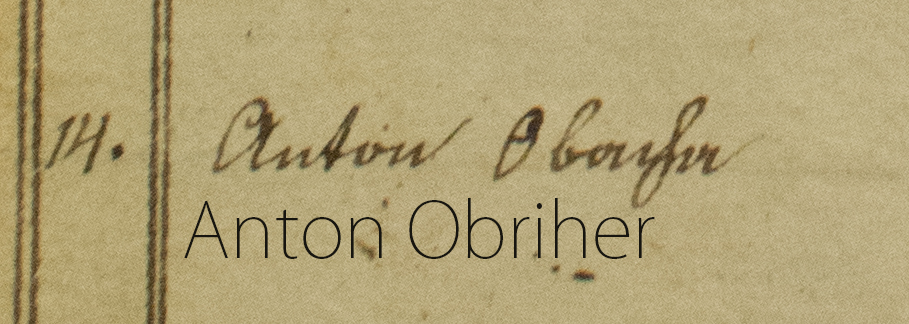
Groom of the marriage in 1837:
Father of groom of the marriage in 1837:
Next oldest around mid 1800s:
Around 1873:
And these three from around 1876:
The modern spellings appear to clearly be Obaha, so are the earlier ones misread, stylistic variations, or what?
